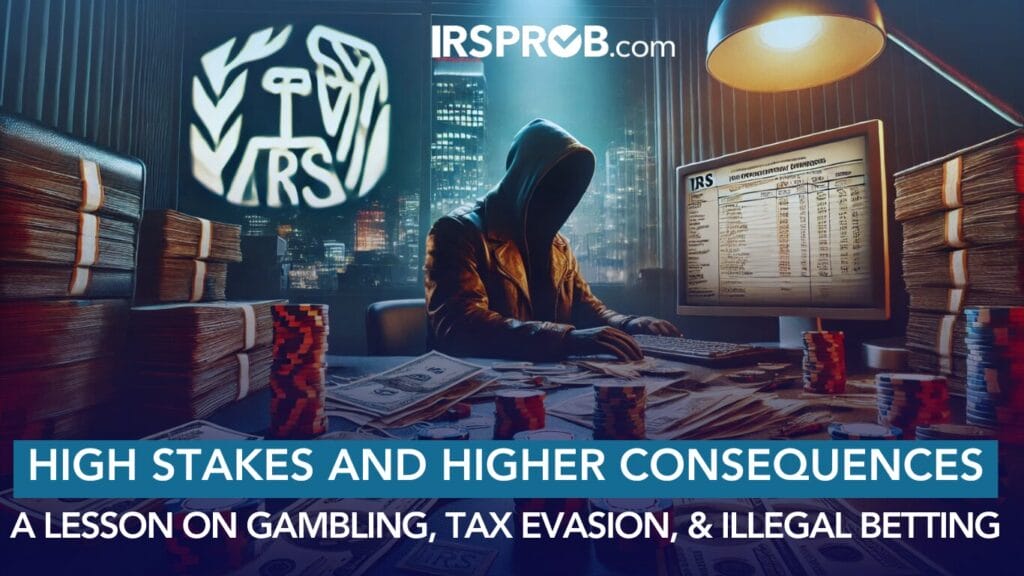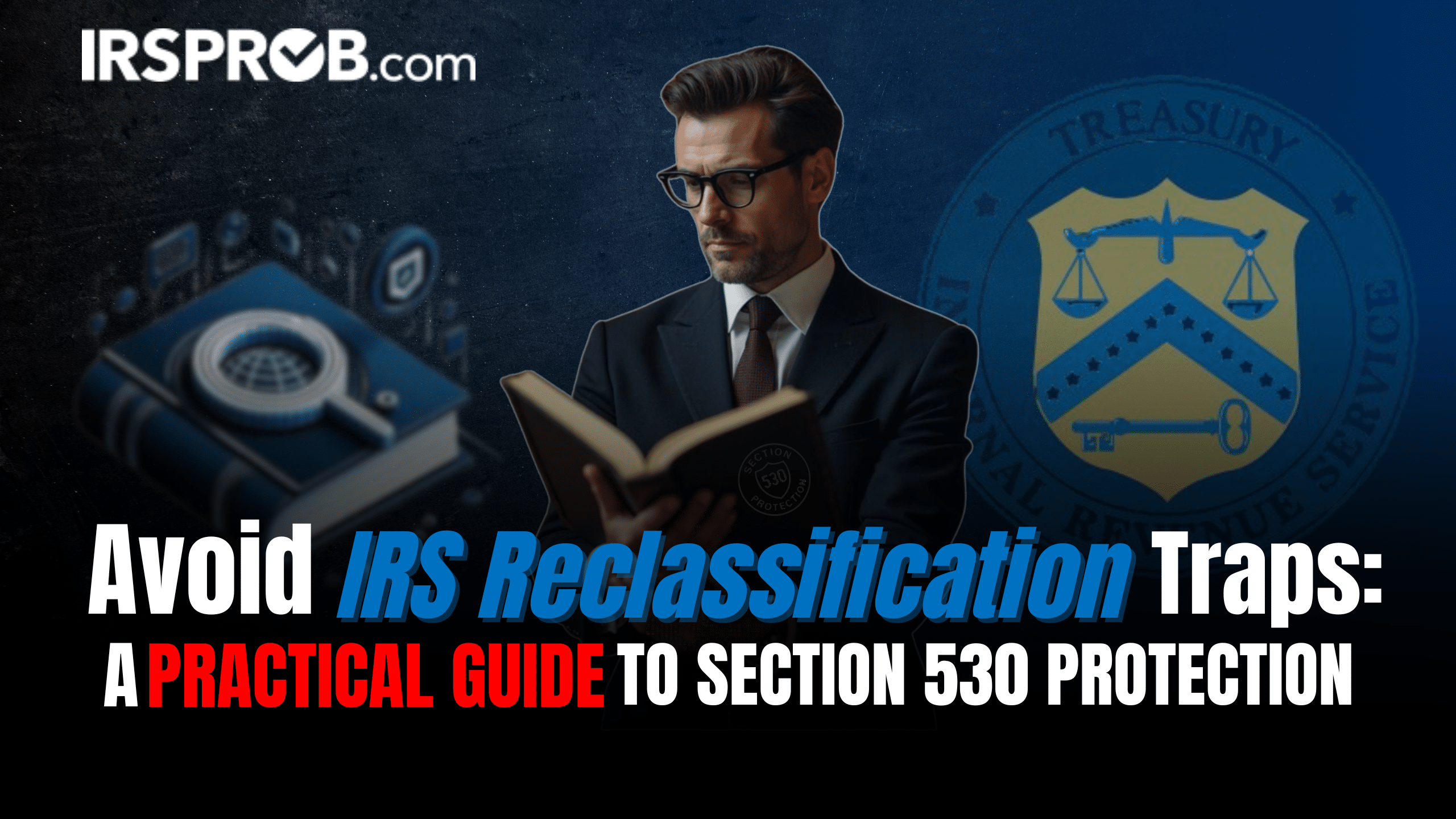
When it comes to running a business, especially one in a gray area like gambling, the stakes are high, and the risks are even higher. The recent case involving Matthew Bowyer is a clear reminder of the serious repercussions that can follow illegal activities and tax evasion. Business owners, even those operating within legal boundaries, can learn valuable lessons from Bowyer’s mistakes, particularly when it comes to staying compliant with tax regulations and the severe penalties for evasion.
The Operation: A Well-Oiled Machine with a Hidden Agenda
Matthew Bowyer operated an illegal sports betting empire for over five years, with operations spanning Southern California and Las Vegas. His business involved a complex network of agents, sub-agents, and casino hosts, allowing him to cater to a substantial clientele—at times more than 700 bettors. Despite his operational success, the underlying illegality of his business made it a ticking time bomb.
Bowyer’s downfall began when Shohei Ohtani’s interpreter, Ippei Mizuhara, was caught using Bowyer’s organization to place bets with massive sums of money. The scale of this operation is staggering: Mizuhara placed nearly $325 million in bets, with both winning and losing transactions. These activities not only drew attention to Bowyer’s organization but also highlighted the financial mechanisms that allowed this betting scheme to flourish.
The Financial Fallout: Money Laundering and Tax Evasion
Bowyer’s operations involved significant money laundering activities, including wire transfers totaling $9.3 million to casinos. Money laundering is a federal crime that enables illegal businesses to disguise the origins of their funds, often leading to additional charges and penalties. For business owners, it’s critical to understand that any attempts to conceal income or use illegal means to conduct transactions can lead to substantial legal issues and loss of assets.
In Bowyer’s case, the impact extended to his tax obligations. He admitted to falsifying his tax returns, drastically underreporting his income. For the tax year 2022, Bowyer reported just $607,897 in income while omitting nearly $4 million from his illegal gambling enterprise. This resulted in a tax liability of $1,613,280 to the IRS.
The tax code requires all income to be reported, even if it is derived from illegal activities. According to IRS Publication 17, taxpayers are obligated to report income from all sources, including illegal ones, on their federal income tax returns. Failure to do so can lead to criminal charges, fines, and interest on unpaid taxes. In Bowyer’s case, he faces not only financial restitution but also the prospect of significant prison time—10 years for money laundering, five years for illegal gambling, and three years for filing a false tax return.
Key Takeaways for Business Owners
- Full Income Disclosure is Non-Negotiable
The IRS requires businesses to report all income, regardless of its source. Attempting to underreport or hide income, as Bowyer did, can result in hefty fines and severe criminal charges. The IRS is vigilant in tracking down unreported income, especially when the amounts are substantial. - Money Laundering is a Serious Offense
Engaging in money laundering to conceal illicit gains can exacerbate penalties and lead to additional charges. The Bank Secrecy Act (BSA) mandates that financial institutions report any suspicious transactions, and the IRS has a robust system in place to detect and investigate money laundering activities. - Illegal Businesses Attract Additional Scrutiny
Operating outside the law increases the likelihood of an investigation. Even in legal industries, maintaining transparent and compliant practices is crucial. Bowyer’s business was inherently illegal, but any business can face scrutiny if their financial practices seem suspect or fall outside regulatory guidelines. - Restitution and Asset Forfeiture are Costly
Bowyer’s case demonstrates that the financial costs extend beyond taxes owed. He will also forfeit nearly $273,000 in cash and casino chips as part of his plea agreement. The IRS and federal authorities have broad powers to seize assets derived from or used in illegal activities. - The Consequences are Long-Lasting
Beyond the financial penalties, Bowyer faces years of potential prison time. For business owners, this is a reminder that cutting corners or engaging in unethical practices can lead to life-altering consequences.
Staying on the Right Side of the Law
While Bowyer’s case is an extreme example, it serves as a stark reminder for all business owners about the importance of tax compliance. Whether your business is in a high-risk industry or not, following the law and understanding your tax obligations are essential steps for long-term success. The IRS provides resources, such as IRS Publication 334 for small businesses, which offer guidance on income reporting and tax obligations. Ignorance of tax laws is not a defense, so staying informed and working with qualified professionals can prevent costly mistakes.
In conclusion, the high stakes of gambling should serve as a metaphor for the risks of not following tax regulations. As a business owner, ensure that your operations are transparent and your income fully reported. The penalties for failing to do so—financial and otherwise—can be far more than you bargained for.









